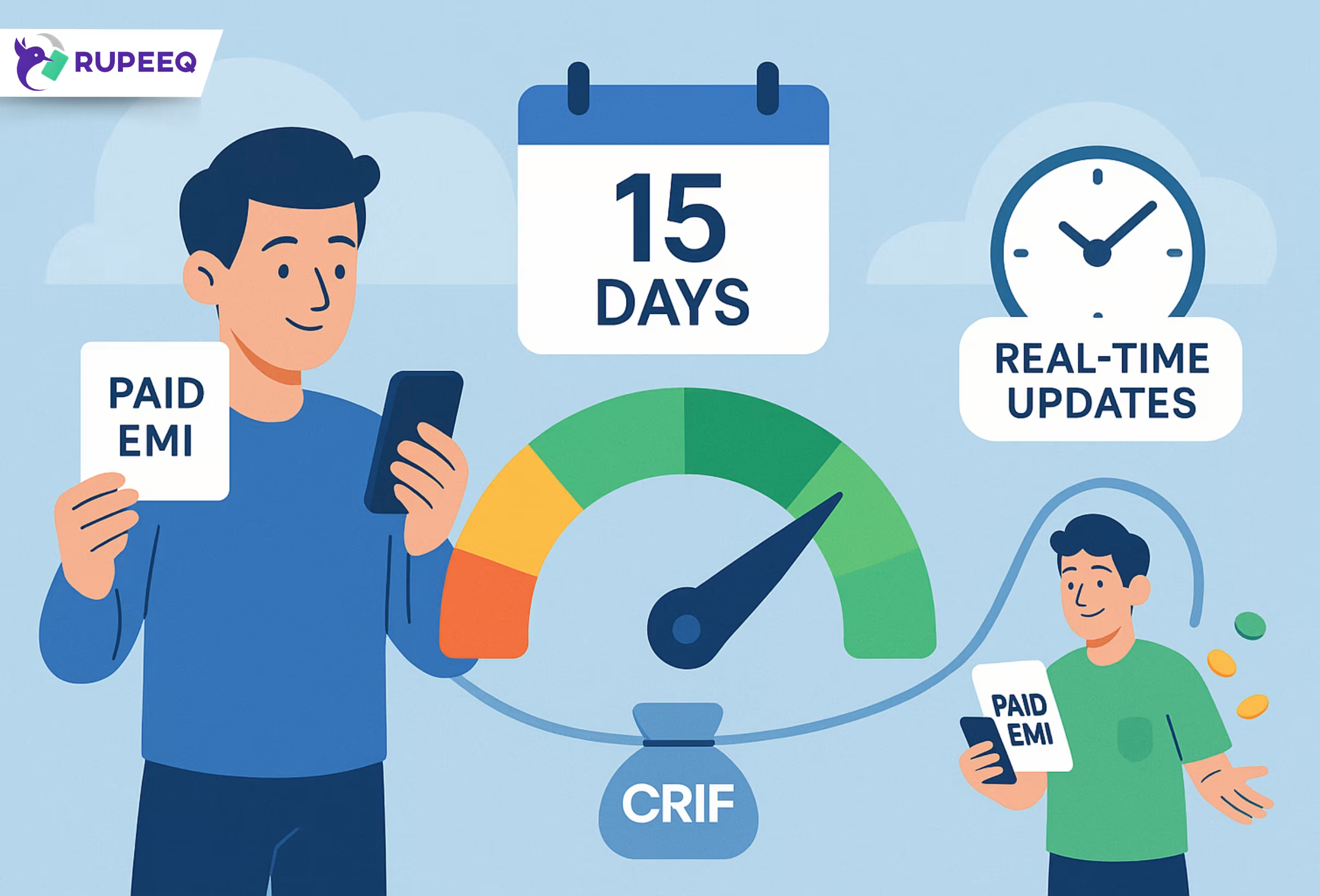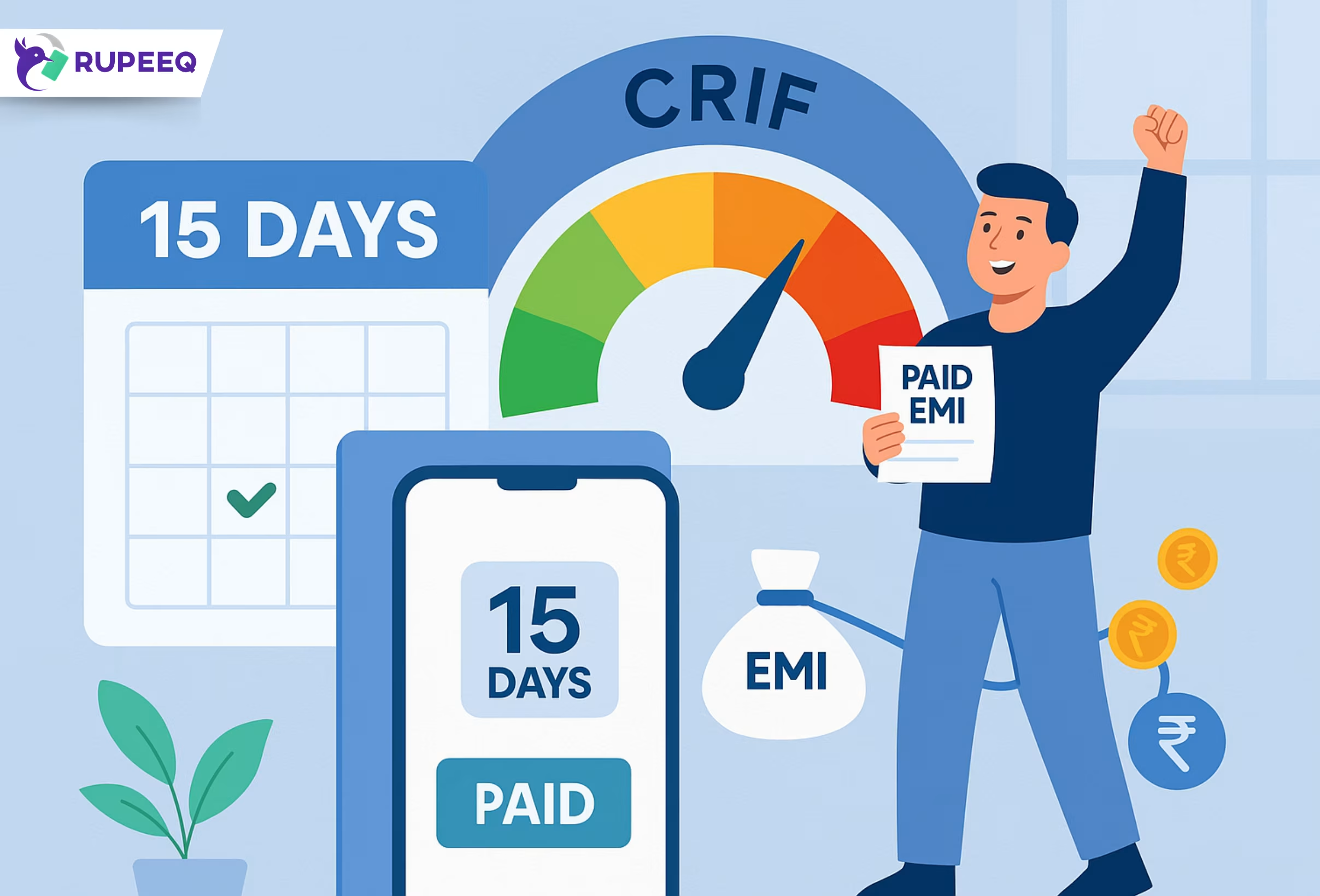Getting your loan application rejected can be discouraging, but it’s often a sign that your credit score needs improvement. A low credit score can make it difficult to secure a personal loan, home loan, or credit card since lenders view low-credit applicants as high-risk borrowers.
The good news is that you can take proactive steps to rebuild your credit score and improve your chances of loan approval in the future. This guide explains:
- Why your loan application was rejected
- How a low credit score affects borrowing
- Steps to improve your credit score after a rejection
- How to increase your chances of approval for future loans
Why Was Your Loan Application Rejected?
Before improving your credit score, you must first understand why your loan was rejected. Lenders assess multiple factors when approving or rejecting a loan application.
Common Reasons for Loan Rejection
- Low Credit Score: A score below 650 is considered risky.
- High Credit Utilization Ratio: Using more than 40% of your credit limit impacts your score.
- Multiple Loan Applications: Too many applications in a short period reduce approval chances.
- Missed or Late Payments: Payment history accounts for 35% of your credit score.
- Insufficient Income: If your income doesn’t support the EMI amount, the loan may be rejected.
- Existing Debt Burden: High existing EMIs increase the debt-to-income ratio (DTI), making lenders hesitant to approve new credit.
RupeeQ Tip – Use RupeeQ ACE to check your credit score and identify the exact reasons for loan rejection.
How Does a Low Credit Score Affect Loan Approval?
A low credit score (below 650) makes borrowing difficult and affects loan terms.
| Credit Score Range | Approval Chances | Interest Rate | Loan Amount Limit |
| 750+ (Excellent) | Very High | Low (10-14%) | ₹10 lakh+ |
| 650-749 (Moderate) | Moderate | Medium (14-18%) | ₹5-10 lakh |
| Below 650 (Low) | Low | High (18-30%) | ₹50,000-₹5 lakh |
If your score is below 650, lenders may:
- Reject your application outright.
- Offer a higher interest rate to reduce their risk.
- Require a co-applicant or guarantor.
Improving your credit score increases your eligibility for loans at better interest rates.
How to Improve Your Credit Score After Loan Rejection
If your loan was rejected due to low creditworthiness, follow these proven strategies to rebuild your credit score and improve your loan eligibility.
1. Check Your Credit Report for Errors & Fix Them
- Obtain a copy of your credit report from credit bureaus like CIBIL, Experian, or CRIF High Mark.
- Look for incorrect late payments, duplicate loan accounts, or inaccurate outstanding balances.
- Raise a dispute with the credit bureau to correct errors.
2. Pay Existing EMIs & Credit Card Bills on Time
- On-time payments improve your score significantly over time.
- Set up auto-debit for EMI payments to avoid missing deadlines.
3. Reduce Credit Utilization Ratio Below 30%
- Avoid maxing out your credit card limits—try to keep usage below 30% of the total limit.
- If your credit limit is ₹1 lakh, keep spending under ₹30,000 to maintain a healthy score.
4. Avoid Multiple Loan Applications in a Short Period
- Too many hard inquiries lower your credit score.
- Instead of applying to multiple banks, check for pre-approved loan offers with soft inquiries.
5. Maintain a Healthy Credit Mix
- A good mix of secured loans (home/car loan) and unsecured loans (credit cards, personal loans) boosts your score.
- Having only credit card debt makes your profile riskier.
6. Pay Off Outstanding Dues or Settle Old Debts
- Clear any unpaid credit card bills or defaulted loan EMIs.
- If unable to pay in full, negotiate a settlement with the lender and get a “No Due Certificate.”
7. Take a Small Credit Line or Secured Loan to Rebuild Credit
- If rejected for a personal loan, apply for:
- A secured credit card against FD
- A small loan (₹50,000 – ₹1 lakh) with a lower risk lender
- Repay it responsibly to gradually improve your score.
8. Increase Your Income-to-EMI Ratio
- If your loan was rejected due to insufficient income, try to increase earnings through freelance work or side income.
- Lowering existing EMIs also improves loan eligibility.
RupeeQ Tip – If your credit score is below 700, avoid applying for high-value loans immediately. Rebuild your score first to increase chances of approval.
How Long Does It Take to Improve a Low Credit Score?
Improving your credit score is a gradual process, but the right financial habits can accelerate it.
| Credit Issue | Time to Improve Score |
| Correcting credit report errors | 30-90 days |
| Paying off outstanding dues | 3-6 months |
| Lowering credit utilization | 3-6 months |
| Maintaining on-time payments | 6-12 months |
| Rebuilding credit with new loans | 12-24 months |
RupeeQ Tip – A consistent track record of on-time payments for 6-12 months can help raise your credit score by 50-100 points.
What to Do Before Reapplying for a Loan?
Once your credit score improves, follow these steps before applying for a new loan:
Check Your Updated Credit Score – Ensure it is above 700 before reapplying.
Choose the Right Loan Amount – Borrow only what you can afford to repay comfortably.
Compare Lenders & Loan Terms – Some NBFCs and digital lenders offer loans to borrowers with moderate scores.
Apply with a Co-Applicant or Guarantor – If your score is still low, adding a co-borrower with a strong credit profile increases approval chances.
Use Pre-Approved Loan Offers – Many lenders offer pre-approved loans based on existing relationships, reducing the risk of rejection.
RupeeQ Tip – Check for pre-approved personal loans on RupeeQ before submitting a formal application to avoid unnecessary hard inquiries.
Final Thoughts: Rebuilding Your Credit for Better Loan Approvals
A loan rejection due to poor credit history is not the end of the road. By adopting financial discipline, reducing outstanding debts, and using credit responsibly, you can improve your credit score within months and reapply successfully.
Key Takeaways:
- Identify why your loan was rejected and fix credit report errors.
- Make timely EMI and bill payments to improve creditworthiness.
- Keep credit utilization below 30% and avoid new loan applications for a while.
- Consider a secured loan or credit-builder loan to rebuild your score.
- Check your credit score before reapplying for loans to avoid further rejections.
Need help checking your credit score and loan eligibility? Use RupeeQ ACE today and take control of your financial future!







